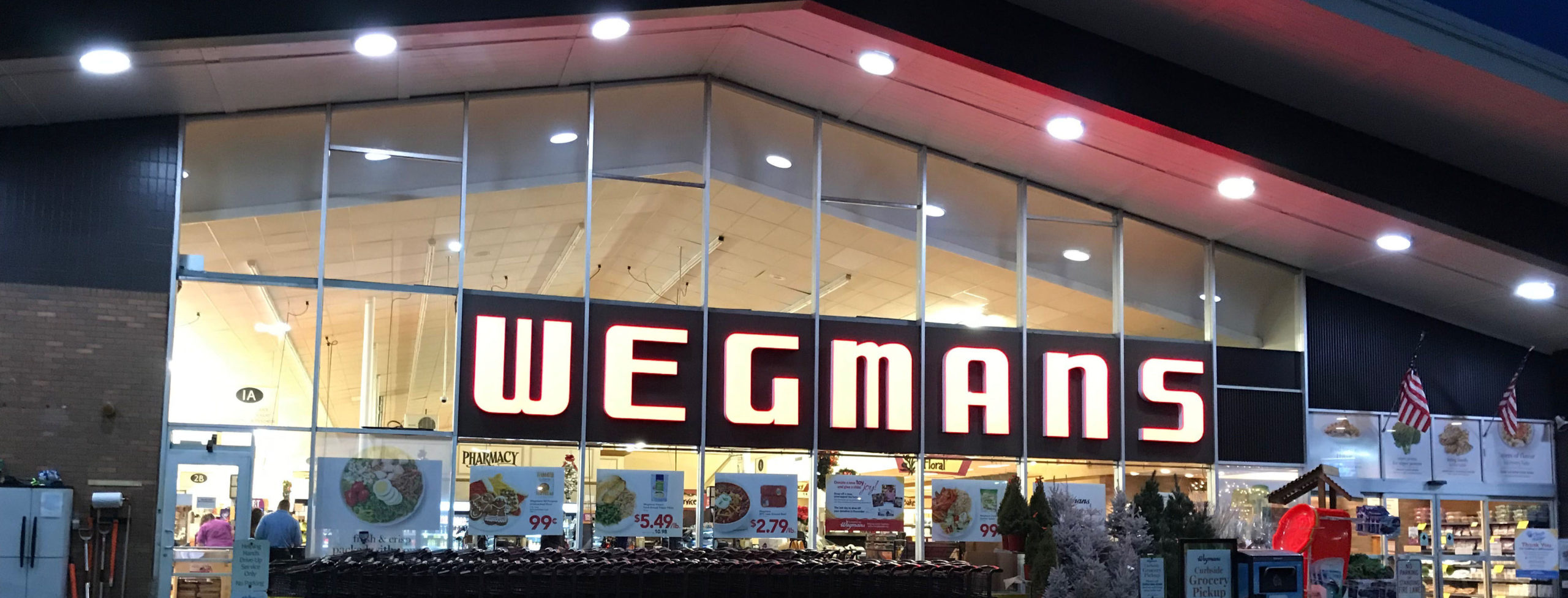If you leave the city for the suburbs, are you turning your back on the millions of people living in urban areas? Or are you simply making a sound business decision?
Box stores. Supermarket chains such as Wegmans. Religious organizations such as the Catholic Church. Even the YMCA. They’ve all done it.*
As a result, many cities have become commercial deserts. Some, such as Detroit, have even declared bankruptcy.
There was a time, not so long ago, when if you wanted to buy groceries and didn’t own a car, you could walk to a market that sold milk, meat, fruit and vegetables. There are a few (mainly upper-crust) neighborhoods where this still is the case. But when was the last time you saw fresh produce in a convenience store – often the only food vendor serving city populations?
Henry Ford, no model of open-mindedness, at least understood the basics of successful, sustainable business. He wanted his workers to be able to afford his products. Hence, the $5 day. (Hence, the suburbs as well, so I’m not going to give him too much credit here.)
To have a sound base of operations, you need a sound economy. Philanthropy – as with Wegmans’s significant contributions to food banks – is laudable but doesn’t address the root cause. This sort of “generosity” is just a high-profile alleviation of symptoms.
Contributing to the impoverishment of large numbers of potential customers is just short sighted. It’s not only immoral; it’s bad business.
* A shout out to one organization that has not fled the city as it has expanded in the suburbs: the public library. Probably the most democratic institution in America.
